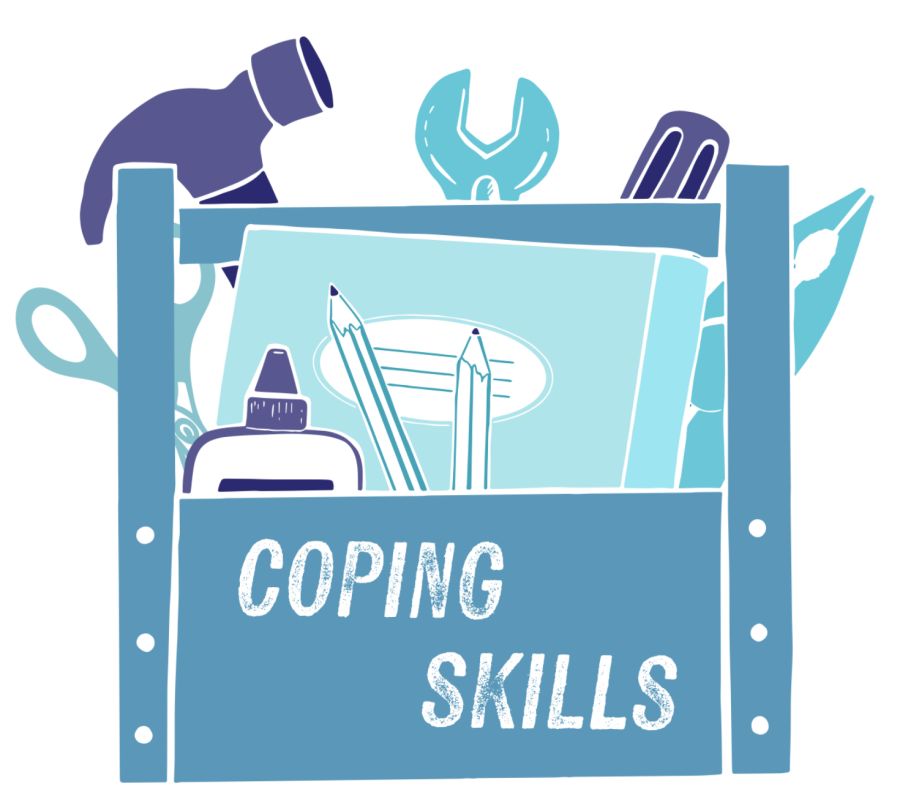Easy Summer Activities to Sharpen Critical Thinking Skills
Published —
Many of my students cannot comprehend what they read. Yesterday I ran across an article that could be so helpful for parents, I decided to post an excerpt here. The website is goodsensorylearning.com (a good site to explore for parents or teachers).
Fun, Free Activities That Sharpen and Strengthen Language Processing Over the Summer Break
The old saying - If you don't use it you lose it - often describes the cognitive setbacks that many students experience over the summer months. Exercising children's brains with engaging and fun activities is a must. Here are 5 strategies you can use this summer to help your little ones sharpen and strengthen their skills.
- When watching TV, discuss the commercials. See if they can figure out what product each commercial is promoting and see if they can uncover any inferences or hidden messages.
- Play with anagrams - Write down a word that has at least 6 letters. In 5 minutes, see how many new words you can create by scrambling the letters.
- Play catch with a football, baseball or beach ball. When you first toss the ball, call out a main idea such as days of the Week. When your child catches the ball, they have to say one of the days of the week. When they toss it back to you, you say another day of the week. Players can only say each detail once. If a detail is repeated, the player can't think of another detail, or there are no more detail options, that player loses the round. Keep score and play to 10. Other main ideas could be vegetables, types of dogs, forms of transportation, shapes, presidents and so on.
- Read a short passage aloud to your child. Before you read it, explain that their job is to visualize or create a mental image of what you read to them in their mind. Once you have finished the passage, give them a blank piece of paper. Ask them to draw an image of what they saw.
- Take a beach ball and on each color write a different part of speech: verb, noun, adjective, adverb, preposition, article and so forth. When you toss the beach ball back and forth to one another note where your right thumb lands on the ball. If your thumb lands on a verb, you have to say a verb. If your thumb lands on a adjective, you have to say an adjective. Each word can only be played once. The game continues until a player repeats a word or can not think of another option. You can play the same game by using figurative language terms such as metaphor, simile, onomatopoeia, assonance...
Excerpted from goodsensorylearning.com/Making_Inferences.html
Related Articles That Might
Interest You

Neurodivergent Special Interest
Although special interests are most commonly found in those with Autism Spectrum Disorder, they act…

Coping Skill( CBT techniques and DBT techniques)
When it comes to coping skills, there are two popular techniques that are often taught. They are Co…

Directions and the Neurodivergent Brain
The neurodivergent brain is a beautiful thing full of contradictions and curiosities. Each neurotyp…